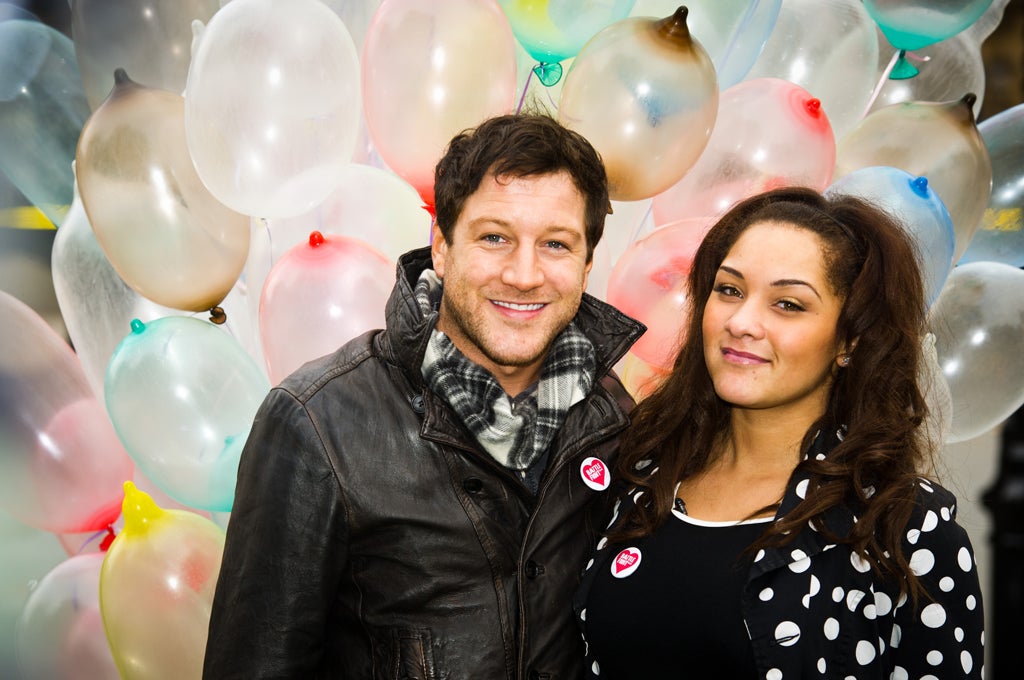Pupils prefer sex education given by young people
Two-thirds of 13- to 17-year-olds would feel comfortable in a lesson by an older teenager

School pupils dread learning about sex in school not because of an aversion to the birds or the bees – but to senior, often awkward, teachers wielding cucumbers and condoms.
A major new survey of secondary school pupils reveals they would rather young people lead sex and relationship education (SRE) lessons.
Half of pupils aged 13 to 17 who took part in the ComRes survey said they felt awkward asking their teachers questions about sexual matters and the same number said that they had not learnt enough. However, two-thirds said that they would feel comfortable talking about sex if the lesson were led by an older teenager.
The Government is reviewing the provision of personal, social and health education in schools, which includes sex education. Currently, teachers do not need specialist training and children can opt out if their parents request it. By law, pupils must learn the biology of reproduction, but lessons about sexuality, sexual relationships and family planning are not statutory and the Government has ruled out making them so in its review.
The Family Planning Association (FPA), which has been campaigning for statutory sex and relationships education, said that poor teaching early on could have serious implications in later life. "You could have a geography teacher, by virtue of the fact that they're 26, suddenly having to teach SRE. It's a specialised subject which needs to be recognised. Peer educators are part of that but we need properly qualified teachers as well," said a spokeswoman for the FPA, Rebecca Findlay.
Some charities already offer peer-led sex education lessons to schools. Pupils who had been taught in one of these programmes – as part of Channel 4 Battlefront's "Let's Talk About Sex" campaign – were far more likely to request further sex education, the survey found. Far from being squeamish about sex education itself, 71 per cent of pupils said all children should be offered sex and relationships lessons.
"It's not just about the biology. It's about giving young people the skills, confidence and self-esteem to be able to make their own decisions about sex," said Ms Findlay. "A lack of reliable information and guidance can later impact on issues like sexual abuse, bullying and consent. There need to be trained people in the classroom and peer educators have their place in that," she added.
Join our commenting forum
Join thought-provoking conversations, follow other Independent readers and see their replies
Comments